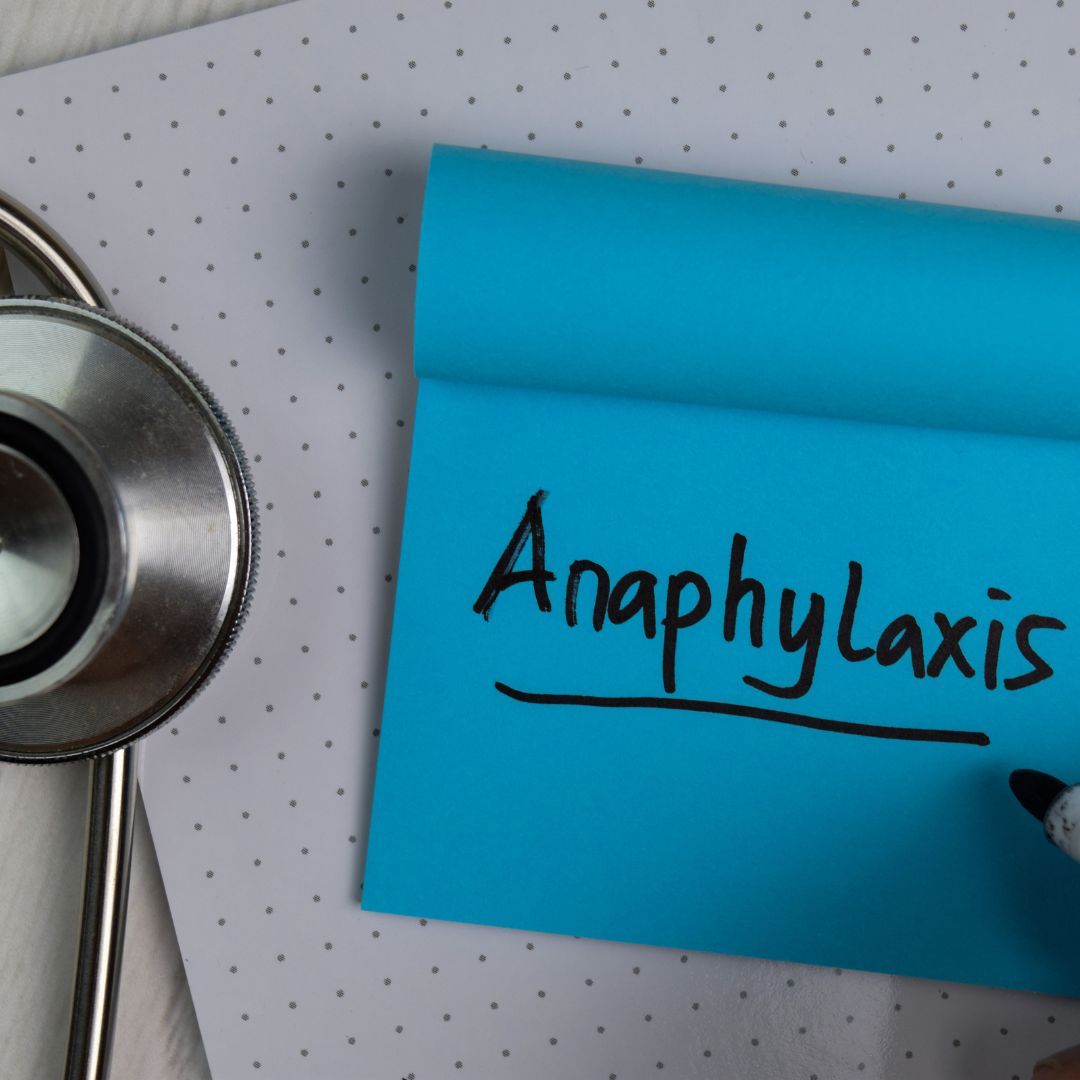
Learning from a Life-Threatening Allergic Reaction
Are you prepared for a life-threatening allergic reaction? One employee’s story reminds us to be aware and ready for potential emergencies.
While many of us look forward to warmer weather, we don’t enjoy the increase in seasonal allergies, from pollen to insect bites and stings – spring and summer bring hazards that are often overlooked. In mid-May, an employee was working in his yard when he was bitten by something that resulted in an anaphylactic emergency. His wife used his EpiPen to slow the reaction until the paramedics arrived. Although he spent the evening in the hospital, he made a full recovery and will now keep his EpiPen and MedicAlert bracelet with him at all times.
Allergic reactions can be something you’re used to or can pop up or intensify at any point during your lifetime. And, if you have had an allergic reaction to something before, know that each subsequent reaction may likely be more severe than the last.
Dealing with allergic reactions requires a combination of preparation, awareness, and quick action. Here are some tips to help:
- Know your triggers: Identify what you're allergic to and try to avoid those triggers as much as possible. Common allergens include certain foods, insect stings, pollen, pet dander, and certain medications.
- Carry medication: If you have known allergies, always keep your medication with you. This may include antihistamines, epinephrine auto-injectors (such as EpiPen), or other prescribed medications. Make sure you know how to use them properly.
- Wear medical alert identification: In case of severe allergic reactions, wear a medical alert bracelet or necklace that identifies your allergies and emergency contact information.
- Educate others: Make sure those close to you, such as family members, friends, or coworkers, are aware of your allergies and know what to do in case of an emergency.
- Act quickly: If you experience symptoms of an allergic reaction, such as hives, swelling, difficulty breathing, or dizziness, take action immediately. Use your medication as directed and seek medical help if symptoms persist or worsen.
- Follow up: After experiencing an allergic reaction, follow up with your healthcare provider to discuss the incident and any necessary changes to your treatment plan.
- Avoid cross-contamination: If you have food allergies, be cautious of cross-contamination in restaurants or when preparing meals at home. Make sure utensils, cutting boards, and surfaces are thoroughly cleaned to prevent accidental exposure to allergens.
- Stay informed: Keep yourself updated on new research and developments related to allergies and treatment options. This can help you better manage your condition and stay prepared for any changes in treatment recommendations.
Remember, severe allergic reactions can be life-threatening, so it's essential to take them seriously and be prepared to act quickly when necessary.
